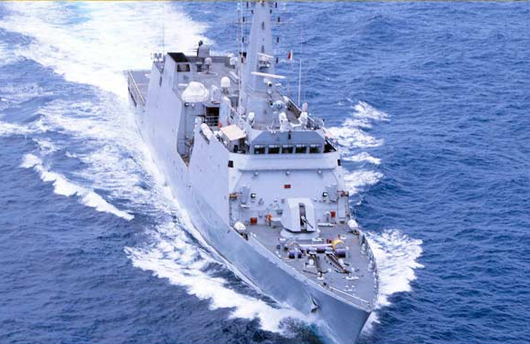New Delhi, Apr 17: A total of 3,336 Indians tested positive for coronavirus in 53 countries while 25 others died of the infection, government sources said on Thursday.
They said the Indians stranded abroad will have to be patient as the government is not evacuating them as part of a larger policy decision to check the spread of the coronavirus in the country.
"They need to be patient and stay where they are. Our missions have been told to extend all possible help to the stranded Indians," said a source.
According to the sources, evacuation of around 35,000 foreign nationals from 48 countries has been facilitated so far from India.
The sources said the majority of Indians who tested positive for the coronavirus infection are living in the Gulf region. A sizeable number of Indians staying in France and the US have also tested positive.
They said that Indian missions in the Gulf region have been told to extend all possible assistance to the Indians in distress.
Around eight million Indians are living in the Gulf countries and there has been growing anxiety among them over their livelihood in view of the pandemic as it has majorly impacted the oil-driven economy of the region.
Almost all Gulf countries have taken a series of drastic measures including imposing total lockdown, travel restrictions and even closing borders to stem the spread of the coronavirus infection.
The United Arab Emirates has already warned of possible action against countries refusing to allow their citizens to return.
Around 3.3 million Indians are living in the UAE and they constitute roughly 30 per cent of the country's population. Among the Indian states, Kerala is the most represented followed by Tamil Nadu and Andhra Pradesh.
A large number of Indians are working in the construction sector in Qatar which is hosting the FIFA World Cup in 2022.
As a matter of policy, India has decided not to bring back the stranded Indians from abroad till the nationwide lockdown ends.
The issue of Indians in Gulf region figured prominently during Prime Minister Narendra Modi's video conference with heads of Indian missions abroad on March 30.
Welfare of Indians in the Gulf was the major focus area in the discussions Modi had with leaders of countries in the region over the last few weeks, officials said.






Comments
Add new comment